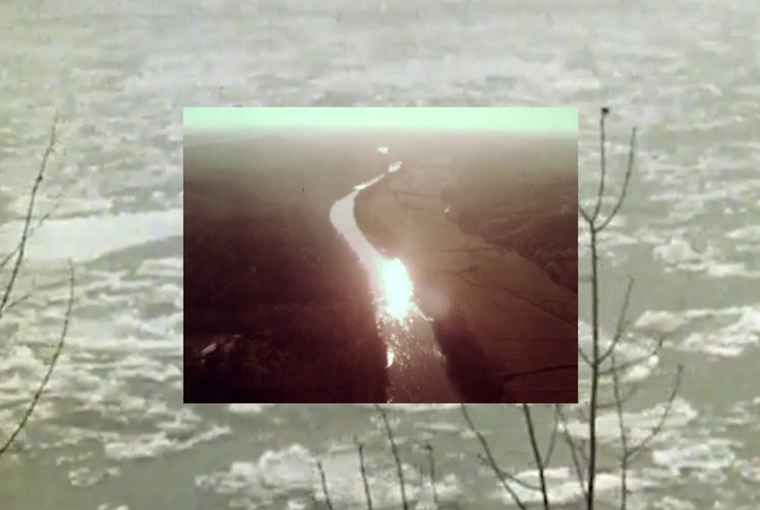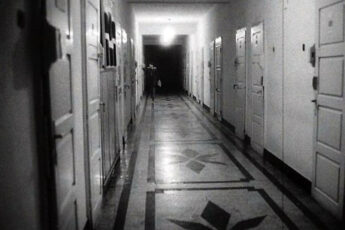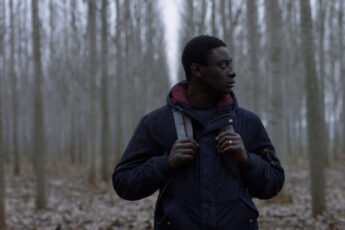
One year ago, when we celebrated the ten year anniversary of our journal, our editorial contemplated on the need for a new agenda. Observing that Central, Eastern and South-Eastern European cinema has converged institutionally and aesthetically to the standards of the West, we highlighted the desire to dig deeper and discuss forms of cinema that are less visible in the well-connected European festival circuit. In particular, we set ourselves the task to discuss independent, experimental and avant-garde filmmaking to counterbalance dominant art-house strains and the confluence of European film culture.
Our Romanian focus of 2021 turned out to be exceptionally well-suited for exploring these alternative cinematographic trends, with some intended and unintended developments aiding the goal we had set ourselves. Thus, while this journal has followed Romania’s biggest film festival – TIFF Cluj – every year during the first decade of its existence, this year has marked the first time where we have not attended it. Instead, we reported from the Bucharest Experimental Film Festival (coverage coming soon). Outside of Romania, we have never attended as many experimental film festivals as this year, reporting from Moscow’s Experimental International Film Festival and 25FPS (forthcoming) as well. Apart from the experimental festival circuit, we also continued our exploration of themes of urbanism and architecture with a special issue on architecture, urbanism and memory in Romanian cinema that we are intending to publish in the upcoming weeks. The special issue on Russian architecture we published in March of this year marked the first special-themed issue in what we hope will become a regular series.
While some of the results of this increased focus on alternative forms of filmmaking are still in the making, some already published highlights of this mission are worth mentioning. Thus, Daniil Lebedev’s report on the film program of the The Russian Pavilion at the 2021 Biennale focused on virtual realities in video games, futuristic CGI dystopias and other digital environments. Anna Doyle’s extensive coverage of MIEFF marked our second collaboration with the festival, conveying a similar mix of dystopia and engagement with new media. Isabel Jacobs’ essay on Franciszka and Stefan Themerson’s Europa from 1931 explores the origins of avant-garde filmmaking in Poland. Zoe Aiano continued her critical engagement with documentary films by reporting from Dok Leipzig, while Jack Page reviewed a selection of films from Rotterdam. All in all, we were excited to find so much alternative material reflecting a broad range of cinematographic practices outside the norms of traditional cinema.
While we hope to continue this exploration of marginal, peripheral and avant-garde cinematic art in the future, we also continued to report and critically appraise more mainstream and accessible films. This year, we were thus very happy to return to Karlovy Vary, where Patricia Bass and Colette de Castro reported on the latest films from the region, to Golden Apricot (coverage by Melina Tzamtsi forthcoming) and Thessaloniki (see below).
***
This month, we are publishing our coverage from the Thessaloniki International film festival, which took place in November. At the event, Ana Grgić and Gjergj Mosko saw Kaltrina Karsniqi’s feminist debut Vera Dreams of the Sea, while Ana Grgić also collaborated with Antonis Lagarias on a review of Stefan Arsenijević’s adaptation of a Serbian epic poem as a migrant love story. You can find an interview with Stefan Arsenijević in our Interviews section. At Thessaloniki, we also joined forces with Savina Petkova, who reviewed a thematic triptych by Bulgarian filmmaker Binka Zhelyazkova on the occasion of an extensive retrospective at the event.
Our December issue is completed by Daniil Lebedev’s review of a recent animated short by Liana Makaryan, in which a father and his child reconvene in a dreamscape, and by Anna Doyle’s take on two experimental fusions of poetry and music that screened at MIEFF.
We hope you enjoy our reads.
Konstanty Kuzma & Moritz Pfeifer
Editors




Leave a Comment